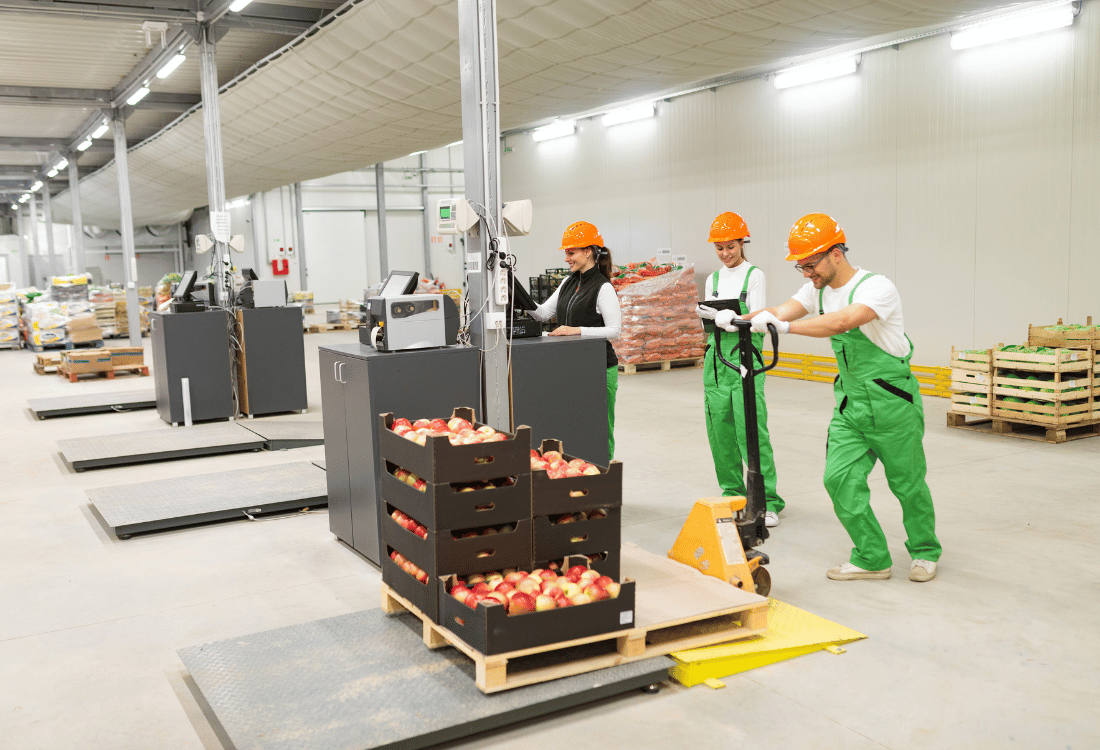
Do Your Food Manufacturing Warehouse Floors Meet The Standards?
Safety and hygiene standards apply in all workplaces, especially factories, warehouses and other processing plants. However, nowhere are these standards so important and so rigorously enforced as in the food manufacturing sector – and for good reason. Regulatory bodies and inspectors need to know that anywhere food is being processed is as clean and hygienic as possible in order to maintain safety standards and protect the public. In addition, the end consumer needs to know that anywhere food has been processed is as sanitary as possible, and that businesses are fully compliant with current guidelines.
Those businesses that fall short of these standards face fines and eventually temporary or permanent closure. Similarly, if the consumers or clients become concerned that standards are not being met this can cause severe reputational damage that may be hard to recover from. All of this explains why food manufacturing warehouses take hygiene and safety so seriously, starting with their choice of floors. But just why are the floors in these types of environments so important?
Staff Safety
In food manufacturing, operatives are often dealing with liquids or semi-solids that can pose health and safety risks. Choosing slip resistant resin flooring guarantees that food manufacturing warehouses maintain a safe and sanitary working environment, meeting essential hygienic and safety standards.
Hygiene
Food industry flooring must adhere to hygiene standards to ensure food safety. Slip resistant resin flooring provides a seamless finish, preventing the growth of bacteria in grout and joints, hence maintaining a more hygienic environment.
Resistance To Harsh Conditions
Food processing often takes place in either chilled or frozen conditions to preserve freshness. There is also usually a high turnover rate which means heavy traffic in certain areas. Slip resistant resin flooring offers resistance to temperature extremes, ensuring durability and longevity even in demanding environments, with little or no downtime. Floors that are resistant to cracking, tears or other types of wear are generally easier to clean and less susceptible to dirt or bacteria buildup.
Non-Toxicity
As well as their ability to withstand varying hot and cold temperatures and high levels of longevity, the non-taint and non-toxic properties of food hygiene flooring contribute to overall food safety standards.
Contact Our Team
If you have a resin flooring project you would like to discuss, then contact our team or send us an email. As one of the UK’s leading experts in food industry flooring our team will be happy to help answer any queries you may have or discuss suitable products for your needs.
Image Source: Canva


